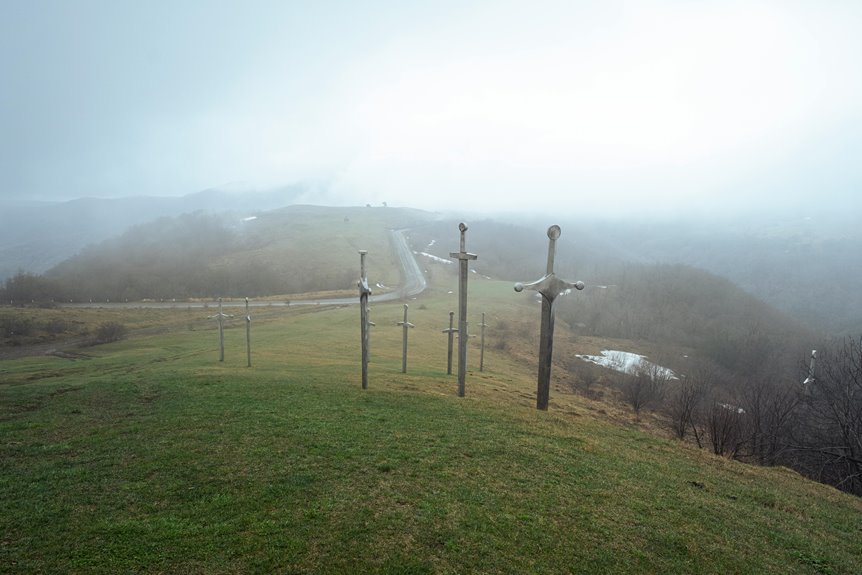Daskusza Exploration: Exploring Daskusza and Its Significance

Daskusza presents a multifaceted exploration of historical, cultural, and ecological significance. Its strategic location has historically facilitated diverse interactions and trade among various civilizations. Additionally, the region’s unique ecosystems support a wealth of endemic species, making it a focal point for ecological research. As local communities engage in cultural exchanges, they foster a shared identity that enriches the region’s heritage. The implications of these dynamics warrant further examination.
Historical Significance of Daskusza
Although often overshadowed by its more prominent neighbors, Daskusza holds a unique position in the historical tapestry of the region.
Its strategic location facilitated trade routes, fostering economic interactions among diverse cultures.
Archaeological findings suggest a rich heritage of innovation and governance, reflecting the complexities of human development.
Daskusza’s historical narrative underscores the significance of local agency in shaping broader socio-political landscapes.
Cultural Diversity and Local Communities
Within the intricate mosaic of Daskusza, cultural diversity emerges as a defining characteristic of its local communities.
This plurality fosters a rich tapestry of traditions, languages, and practices, contributing to social cohesion and resilience.
The interplay of various ethnic groups enhances cultural exchange, promotes tolerance, and facilitates collaborative initiatives, thereby enriching the community’s identity and empowering its members to assert their autonomy and heritage.
Unique Ecosystems and Natural Wonders
As the sun rises over Daskusza, its unique ecosystems reveal a stunning array of natural wonders that contribute to the region’s ecological significance.
Diverse biomes, such as temperate forests, wetlands, and coastal zones, host endemic species and intricate food webs.
These habitats not only support biodiversity but also demonstrate the delicate balance of environmental processes crucial for sustaining life and promoting ecological resilience.
Daskusza’s Role in Ecological Research
Daskusza serves as a critical site for ecological research, given its rich diversity of habitats and species that allow scientists to study complex interactions within ecosystems.
Researchers utilize this unique environment to investigate biodiversity patterns, ecosystem resilience, and the impacts of climate change.
The findings contribute significantly to conservation strategies, enhancing understanding of ecological principles and fostering a deeper appreciation for nature’s intricate web.
Conclusion
In conclusion, Daskusza stands as a vibrant tapestry woven from the threads of history, culture, and ecology. Each layer represents a unique narrative, symbolizing the interconnectedness of human endeavor and the natural world. The region’s rich heritage and diverse ecosystems serve as a mirror reflecting the resilience of local communities and the intricate balance of biodiversity. As Daskusza continues to evolve, it remains a beacon of knowledge and unity, illuminating paths for future generations to explore and cherish.




